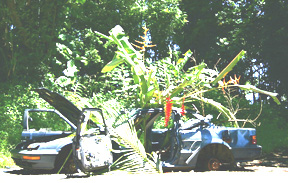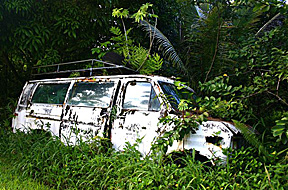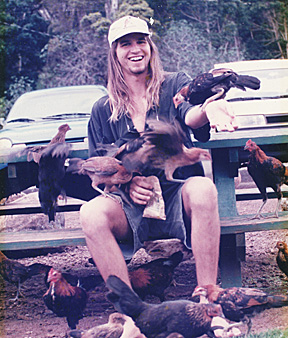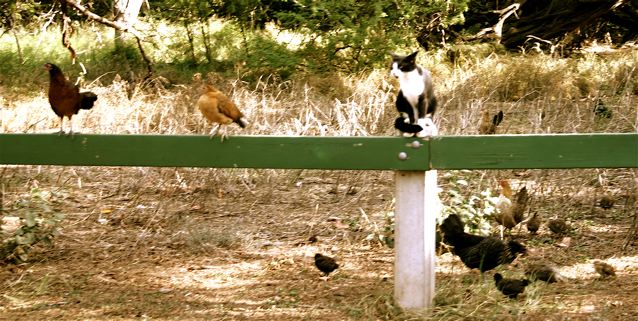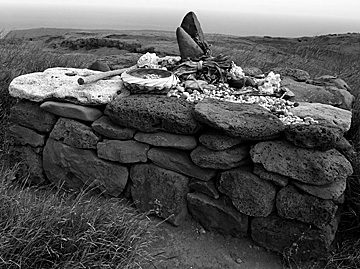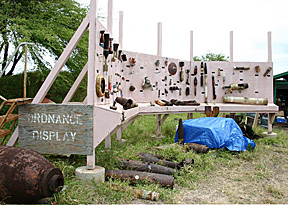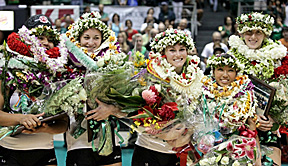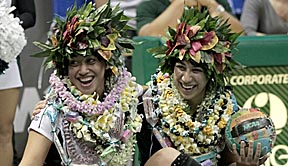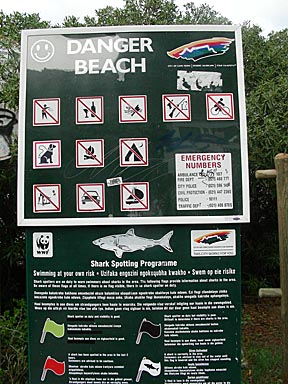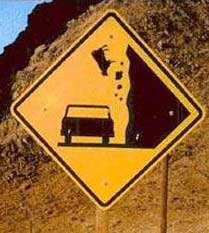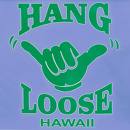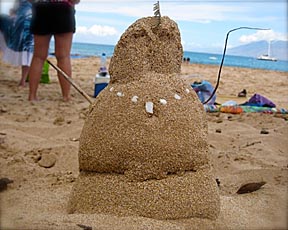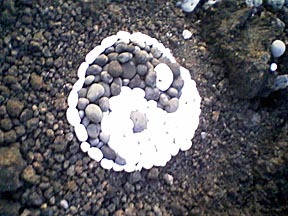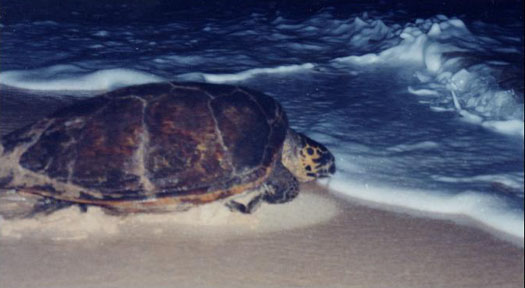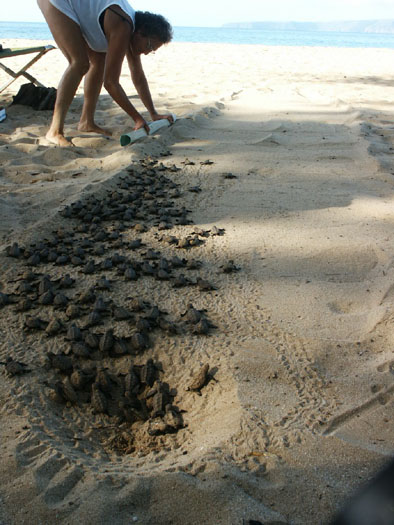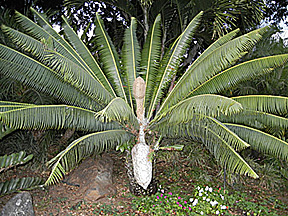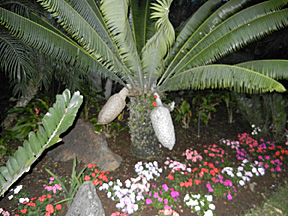HAWAIIANA 1
These things may not be unique to Hawaii, but
they sure are prevalent. I think
they all qualify as Hawaiiana.
|
|
|
|
Cars recycled as artwork … |
… or just allowed to compost |
A few years ago Maui County didn’t do a very
good job with junked vehicles.
People would just abandon them and they went through predictable stages. They would be tagged with a warning. A few days later the wheels would
disappear. Then the windows would be
broken and often the car was burned and left to rot.
More recently, cars are mostly picked up and
recycled, but in remote areas you can still see instances of abandonment – some
creatively.
|
|
^ Cluck, cluck, meow
Our feral chickens learned everything they
know from feral young men and then passed it on to our feral cats
< Stuart always attracts the chicks |
|
|
|
|
|
|
|
|
|
|
Heiau atop Kaho’olawe |
Informational display on Kaho’olawe |
The island of Kaho’olawe, just a few miles
west of Maui, was populated in ancient times and has remaining artifacts of
religious and cultural significance.
This heiau at the high point of the island absolutely exudes that culture.
In more recent times Kaho’olawe was used for
target practice. It has been cleaned
up a lot, but some ordnance remains (see samples on display). The island has no water and almost
trivial rainfall, the land is not arable, and there are no permanent residents.
|
|
|
|
|
|
|
2009 UH Rainbow Wahine VB Seniors |
2010 UH Rainbow Wahine VB Seniors |
The University of Hawaii has a very strong
women’s volleyball program. The
venue has seating for about 10,000 fans and they turn out 5 to 7,000 for regular
conference home games. On Senior
Night the graduates enjoy the aloha and appreciation of the fans who literally
cover them in leis, flowers and gifts.
In 2011 the girls had a 31-2 record, getting to the final 16 in the NCAA
tournament.
|
|
^ Falling cows
The road to the summit goes through open
range land and signs warn of “Falling cows” and “Invisible cows”
Beaches have a few rules and regulations to
protect those who enjoy them
< Danger Beach |
|
|
|
|
|
|
|
Midwestern tourists miss their snow |
Beach creativity |
You never know what might turn up on the
wonderful beaches!
|
|
|
|
^ Orion – mama hawksbill sea turtle
Orion left four nests on Maui in 2004 - see
and read the entire story of nest 4 on my website
http://www.sandinfamily.com/gallery/2004-hawksbill-htm/gal-hawk-all.htm
The first of 185 babies from nest 4 in 2004
> |
|
Myrna got there just in time to smooth a nice
path from the nest to the ocean, but of course the direction wasn’t quite right
for the finicky babies, so they started flipping over into the footprints. With minimal human assistance, a
total of 185 hatchlings made it to the water.
Perhaps 5 or 10 survived the predators awaiting a feast in the ocean. We hope that at least one will grow
up and eventually come back to Maui to nest!
|
|
|
|
A cycad with 1 mature pod & 1 immature |
The same cycad a few weeks later |
|
|
|
This is one of the sights that I enjoy every
morning during my walk. I have
watched it grow two of these seed pods and I can’t wait for the next
development. Will the pods open? Will the gardeners remove them? Will animals or insects (or humans)
try to harvest them? Stay tuned!
AFTERWORD
I can only hope that you who read these
missives get some fraction of the entertainment out of reading them
that I get out of putting them together.
Once again I wasn’t sure when to quit with this one. The topic would probably fill a book
and I have a feeling another chapter will come along in the future.
